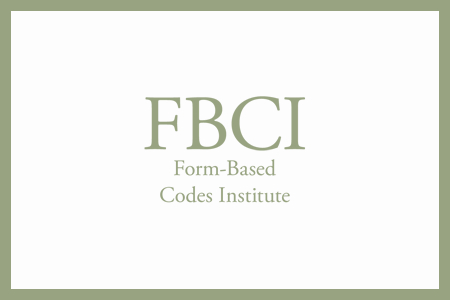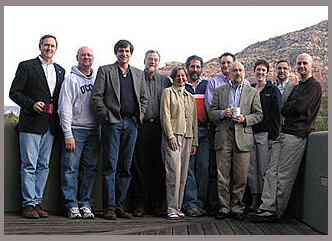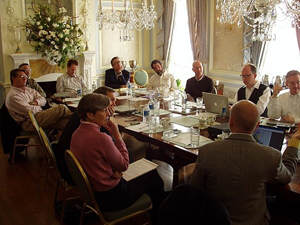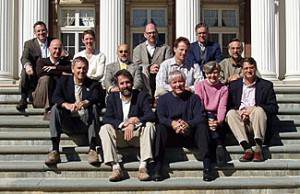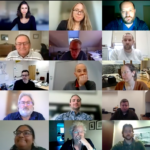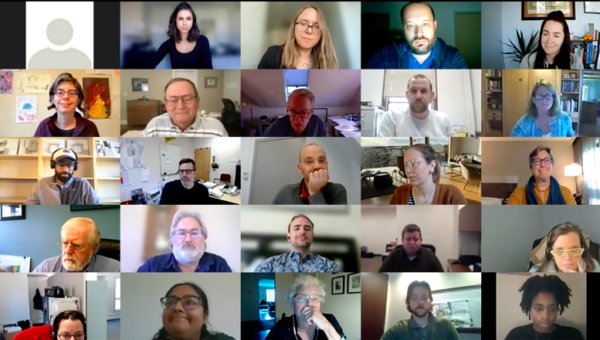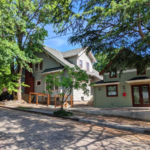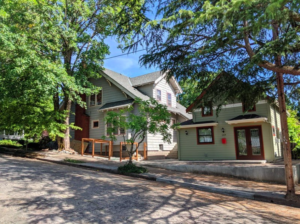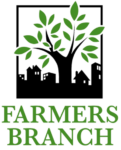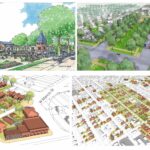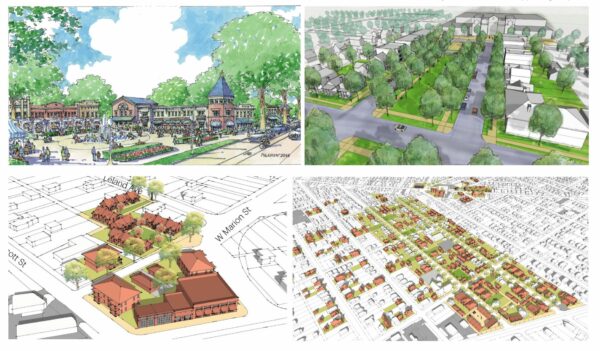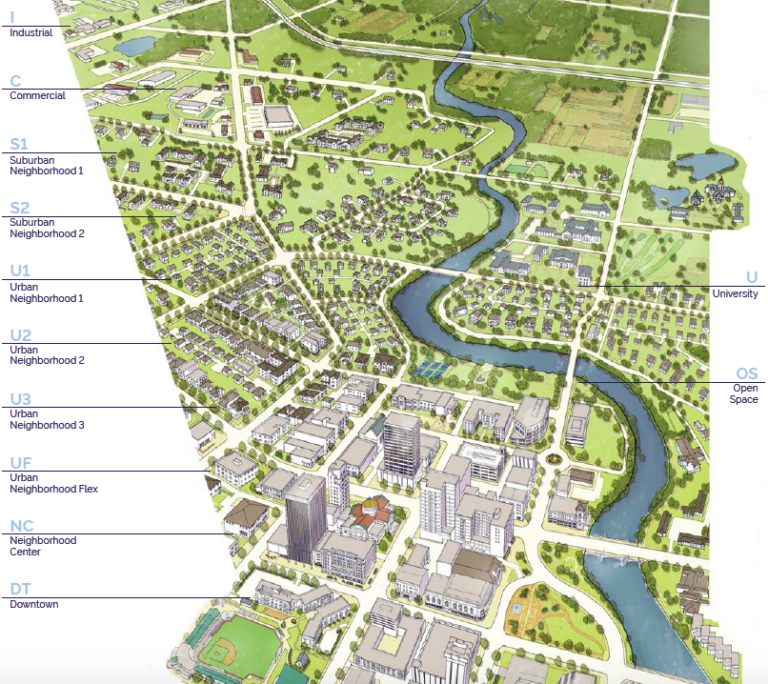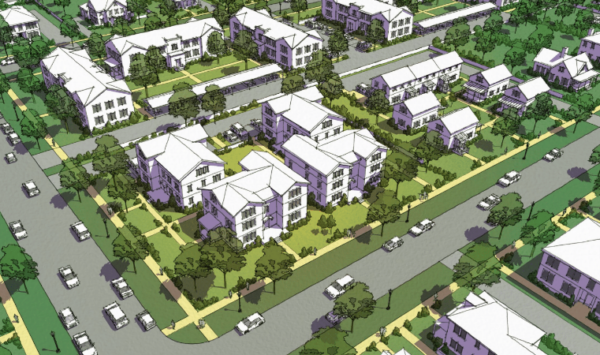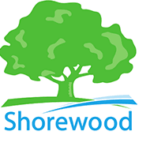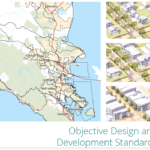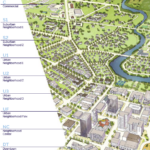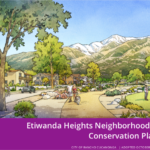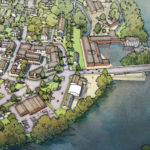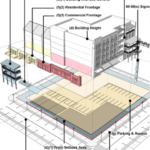FBCI Welcomes New Board and Resource Council Members
The Form-Based Codes Institute is pleased to announce the election of three new Board members and six new Resource Council members at its Annual Meeting in October. The addition of these talented people will further deepen and broaden our effectiveness in reaching diverse constituencies, raising the support needed to make our organization even more effective, and advancing the state of the art of form-based coding.
The three new board members are:
Scott Polikov, who has served on our Resource Council, is a member of the Board of the Congress for the New Urbanism, and is a national leader in the drafting of form-based codes and communicating their economic benefits. His firm, Gateway Planning, has been responsible for numerous successful form-based codes that have led to proven results on the ground.
Charles Nash, of Transwestern, a Chicago-based real estate executive with broad knowledge of and experience with real estate locally, nationally, and internationally. Charles brings us connection to the wider world of real estate development and management as well as extensive experience in the management and growth of non-profit organizations.
James Tischler, Director of Community Development for the Michigan State Housing and Development Authority. Jim has been a member of our Resource Council and has greatly advanced the practice of form-based coding and form planning in Michigan. His path-breaking programming at the state level is a model for what can be done in other states.
The six new Resource Council members include:
Tony Perez, of Opticos Design in California, one of our star instructors in courses throughout the country. Tony teaches form-based coding at California Polytechnic Institute and UCLA and is one of the few instructors in the US who teaches form-based coding in depth in highly-regarded graduate programs. He has also drafted numerous form-based codes for both Moule and Polyzoides and Opticos Design.
Margaret (Peg) Moertl, vice-president for community development at PNC Bank in Cincinnati. Peg brings extensive expertise and background in banking, finance, and non-profit organizations, and is one of the few bankers who understands what a form-based code is and how it can benefit a community.
Anthony C. Wood, Executive Director of the Ittleson Foundation in New York City. Tony is an expert in historic preservation, foundations, and non-profit management and has had a distinguished career as a foundation executive.
Michael Hathorne, a planner for the land development arm of the Church of the Latter-Day Saints in Salt Lake City. Mike has taken all of FBCI’s courses, has written form-based codes, and organized a very successful FBC 101 class in Salt Lake City last September.
Randy Hutcheson, Manager for Planning and Design for the Planning and Development Department in Fort Worth, Texas. Randy is also a graduate of all of our courses and has numerousl form-based codes in Fort Worth.
Eduardo Castillo Cortes, an architect and urban planner from Guatemala City, Guatemala, who has written form-based codes and was formerly an FBCI Fellow. FBCI has terminated its Fellows program and appointed Eduardo to serve on the Resource Council. Eduardo brings us an international presence and the perspective of an advanced practitioner familiar with the traditional urbanism of Latin America.

